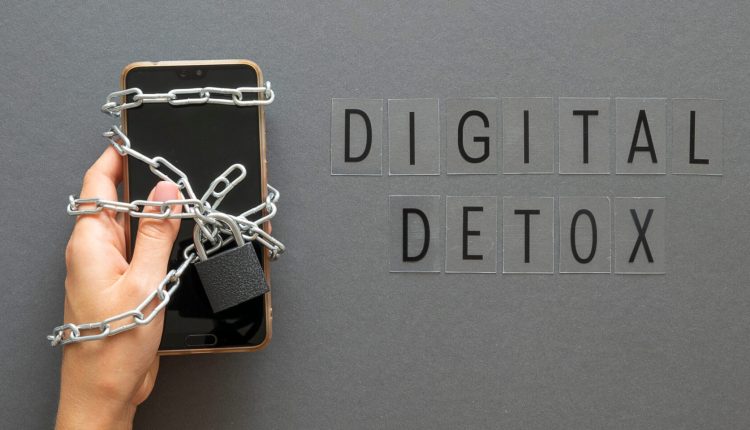Digital Detox is becoming increasingly essential in today’s hyperconnected world. With smartphones, tablets, and computers dominating our daily routines, excessive screen time can lead to eye strain, sleep disturbances, reduced productivity, and even anxiety. Many people find it challenging to unplug, but taking intentional breaks from digital devices can improve mental and physical well-being.
Table of Contents
ToggleThe Need for a Digital Detox
Studies show that prolonged screen exposure affects brain function, reducing attention span and cognitive abilities. Social media, online gaming, and binge-watching can be addictive, making it harder to disconnect. A well-planned digital detox can help restore balance by reducing stress, enhancing focus, and improving overall quality of life.
Excessive screen time also impacts sleep cycles. The blue light emitted by screens disrupts melatonin production, making it difficult to fall asleep. Cutting back on screen use, especially before bedtime, can lead to better rest and increased energy levels.
Practical Steps to Reduce Screen Time
- Set Screen-Free Zones – Designate areas like the bedroom and dining table as screen-free spaces to encourage real-world interactions.
- Use Time-Tracking Apps – Apps like Freedom and Forest help monitor and limit screen usage.
- Replace Digital Habits with Offline Activities – Engage in reading, exercising, or creative hobbies to reduce screen dependency.
- Establish a Digital Curfew – Avoid screens at least one hour before bedtime to improve sleep quality.
- Prioritize Face-to-Face Interaction – Strengthening relationships through real conversations reduces digital reliance.
Long-Term Benefits of a Digital Detox
Committing to a digital detox improves concentration, mental clarity, and emotional well-being. It encourages mindfulness and allows individuals to engage more with their surroundings. Over time, reducing screen time fosters better habits, helping people lead a more fulfilling and balanced life.
A digital detox doesn’t mean abandoning technology completely but rather using it in a mindful way. By making small yet consistent changes, anyone can regain control over their screen time and enjoy a healthier, more present lifestyle.

